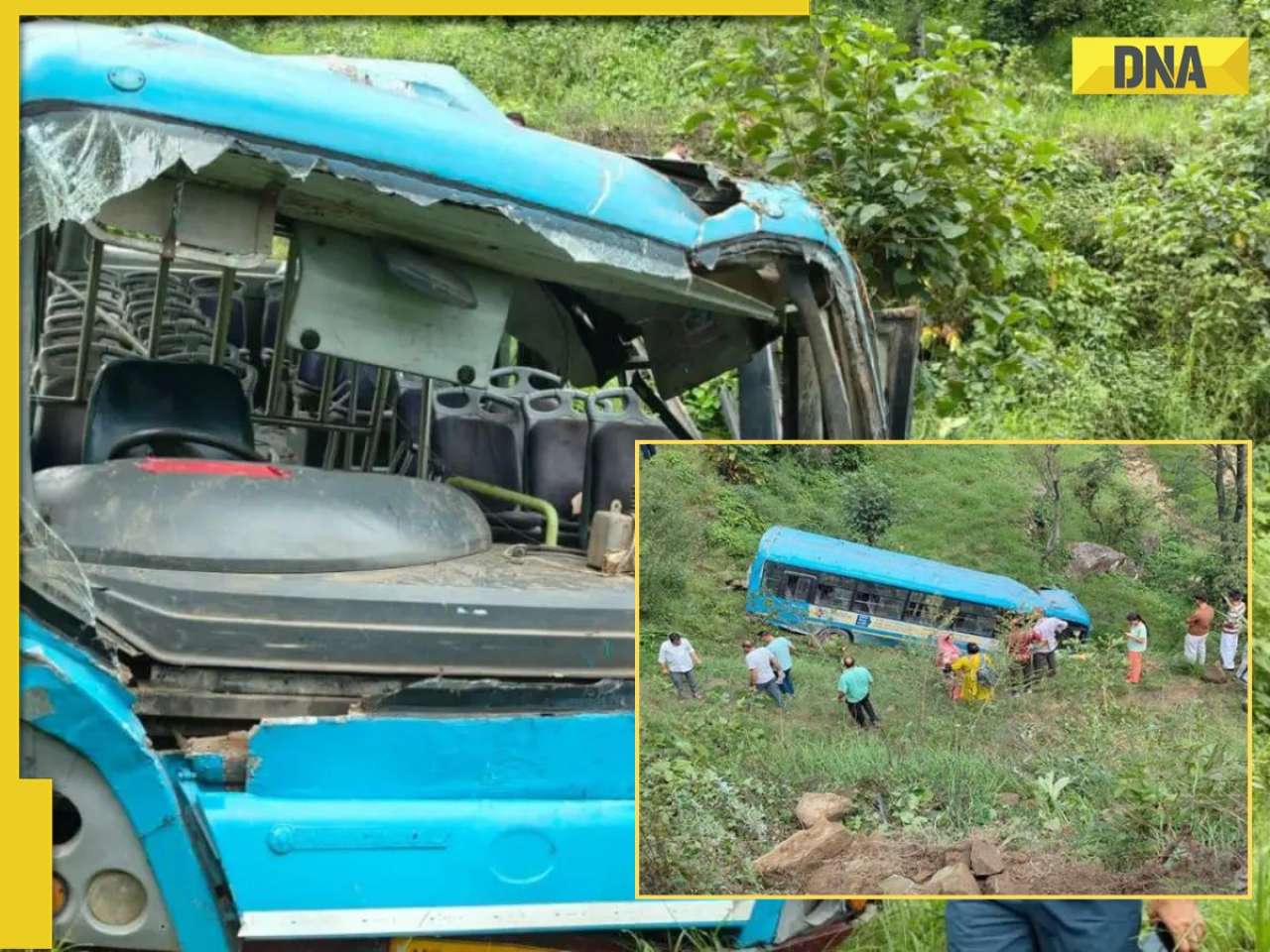The Redmond-based tech giant has established a 12-year partnership with Vaulted Deep, a US-based startup, with the aim of removing 4.9 million metric tons of carbon dioxide by injecting organic waste deep underground, at a depth of 5,000 feet.
Microsoft has entered into a substantial USD 1.7 billion (around Rs 14,025 crore) agreement to acquire human excrement, manure, and agricultural waste. This deal is a key component of its carbon removal strategy, designed to offset emissions from its energy-intensive AI data centers. The Redmond-based tech giant has established a 12-year partnership with Vaulted Deep, a US-based startup, with the aim of removing 4.9 million metric tons of carbon dioxide by injecting organic waste deep underground, at a depth of 5,000 feet.
Why Microsoft is buying human waste?
This partnership is a response to Microsoft's urgent need for innovative solutions as its AI operations significantly increase energy consumption and carbon emissions. From 2020 to 2024, the company emitted 75.5 million tons of CO2 equivalent, with its AI infrastructure contributing heavily to the recent rise. Based on current market rates of USD 350 per ton for carbon removal, the agreement represents a major investment in waste-to-carbon technology, as reported by the WSJ.
Vaulted Deep gathers what it terms "bioslurry" from sewage systems, agricultural fields, and paper mills. This material is then processed through grinding and injected deep underground using specialized pumps. This process is designed to prevent the natural decomposition of the waste, which would otherwise release greenhouse gases like methane, a gas that has four times the warming potential of CO2.
"We're taking different types of organic waste that today causes problems above ground, and instead we put it really deep underground for permanent carbon removal," said Julia Reichelstein, Vaulted Deep's CEO, in comments to Inc.
This technology aims to tackle multiple environmental issues at once. Conventional waste disposal methods often involve spreading biosolids on farmland, which can result in nutrient runoff and the contamination of water systems with harmful chemicals such as PFAS.
Microsoft to achieve carbon neutral by 2030
Microsoft is aiming to achieve carbon negativity by 2030 and plans to remove more greenhouse gases than it has emitted since its inception by 2050. The company has already acquired over 83 million tons of carbon removal credits, with 59 million purchased this year alone.
"Vaulted Deep provides a differentiated, scalable approach to permanent carbon removal with low technology risk," stated Brian Marrs, Microsoft's senior director of energy and carbon removal.
The agreement with Vaulted Deep marks the second-largest carbon removal purchase ever recorded, following only Microsoft's prior $2.36 billion deal with AtmosClear, which aims to remove 6.75 million metric tons over a 15-year period.
Find your daily dose of All
Latest News including
Sports News,
Entertainment News,
Lifestyle News, explainers & more. Stay updated, Stay informed-
Follow DNA on WhatsApp. Saif Ali Khan stabbing case: Mumbai Police opposes accused Mohammad Shariful Islam's bail plea, details inside
Saif Ali Khan stabbing case: Mumbai Police opposes accused Mohammad Shariful Islam's bail plea, details inside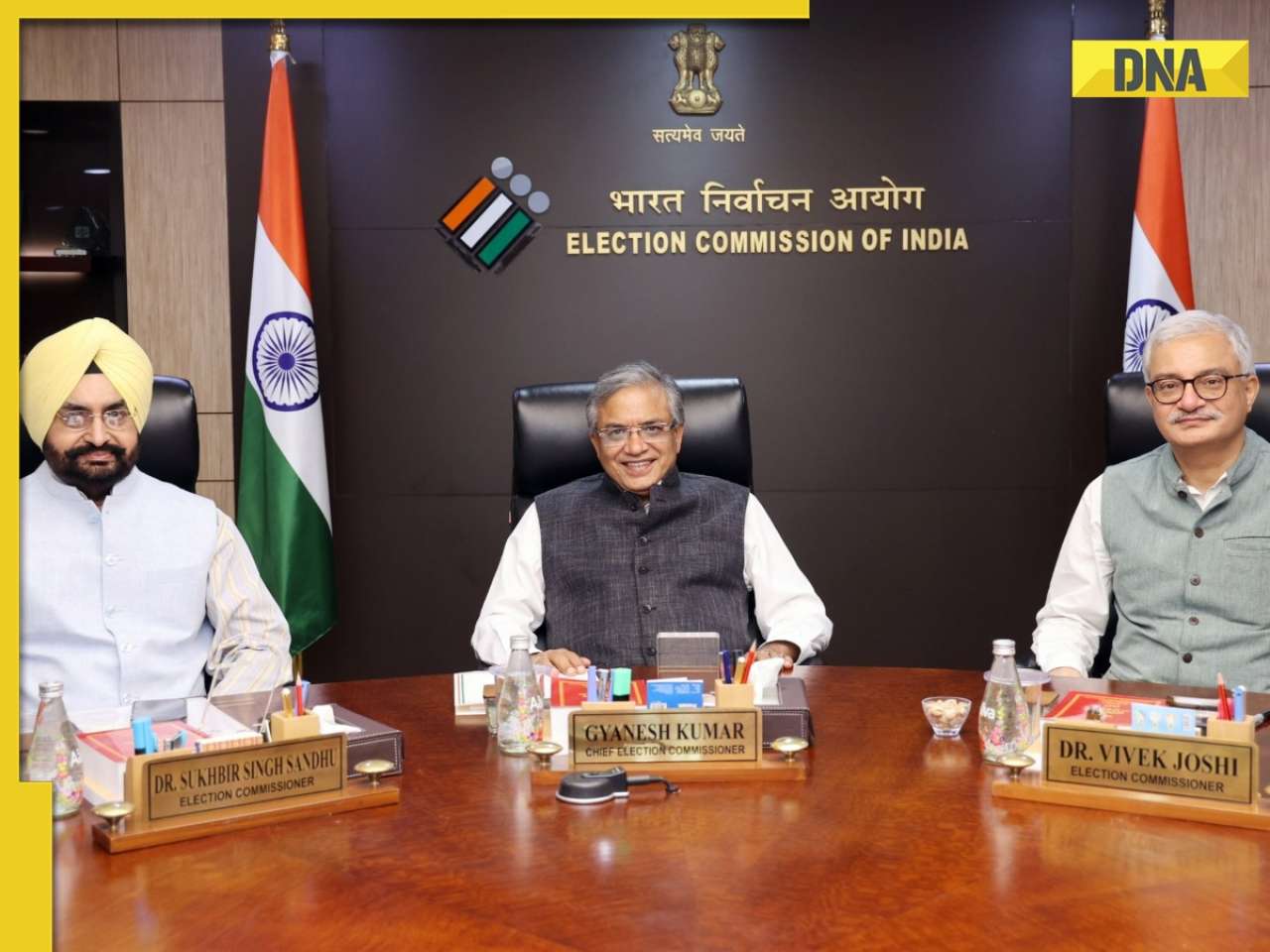 DNA TV Show: EC to launch nationwide voter list overhaul exercise, but what is its purpose?
DNA TV Show: EC to launch nationwide voter list overhaul exercise, but what is its purpose? Saiyaara box office collection day 8: Ahaan Panday, Aneet Padda film continues steady run, inches towards Rs 200 crore in India, earns...
Saiyaara box office collection day 8: Ahaan Panday, Aneet Padda film continues steady run, inches towards Rs 200 crore in India, earns... IND vs ENG 4th Test: Joe Root's record-breaking 150 puts England in command on dominant Day 3, lead India by 186 runs at stumps
IND vs ENG 4th Test: Joe Root's record-breaking 150 puts England in command on dominant Day 3, lead India by 186 runs at stumps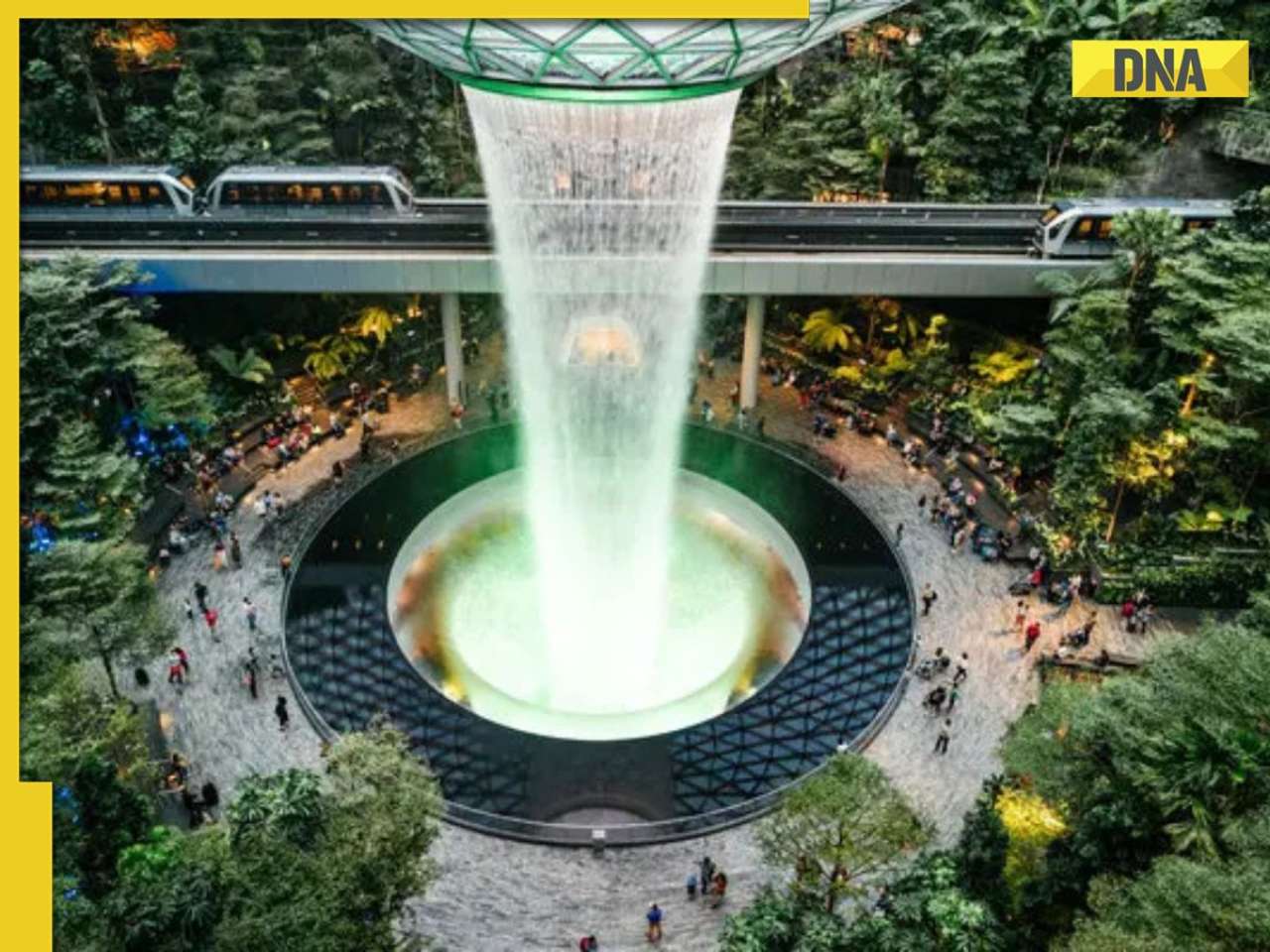 This Indian man stole Rs 3.5 lakh worth of items from Singapore Airport, got caught after returning
This Indian man stole Rs 3.5 lakh worth of items from Singapore Airport, got caught after returning Other than heart attacks or BP : 7 hidden heart conditions triggered by oily foods
Other than heart attacks or BP : 7 hidden heart conditions triggered by oily foods 7 most captivating space images captured by NASA you need to see
7 most captivating space images captured by NASA you need to see AI-remagined famous Bollywood father-son duos will leave you in splits
AI-remagined famous Bollywood father-son duos will leave you in splits 7 superfoods that boost hair growth naturally
7 superfoods that boost hair growth naturally Confused between Forex and Credit cards for your international trip? Learn which saves more
Confused between Forex and Credit cards for your international trip? Learn which saves more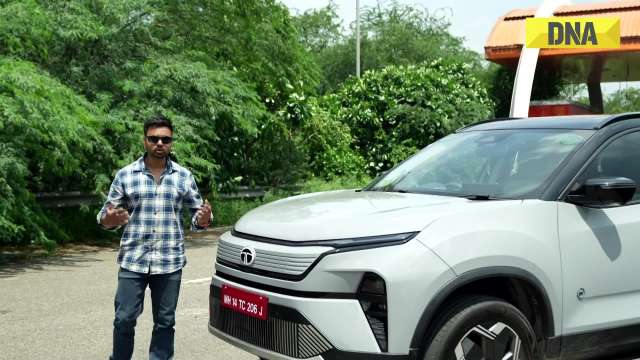 Tata Harrier EV Review | Most Advanced Electric SUV from Tata?
Tata Harrier EV Review | Most Advanced Electric SUV from Tata?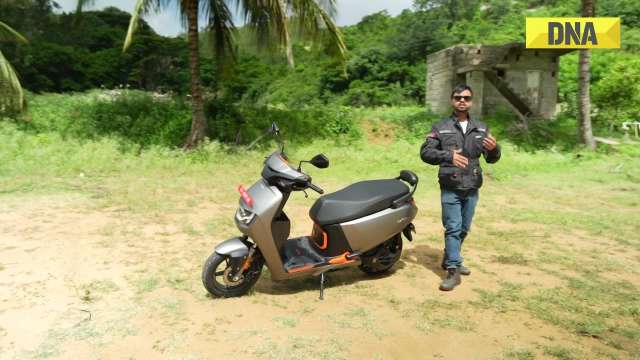 Vida VX2 Plus Electric Scooter Review: Range, Power & Real-World Ride Tested!
Vida VX2 Plus Electric Scooter Review: Range, Power & Real-World Ride Tested!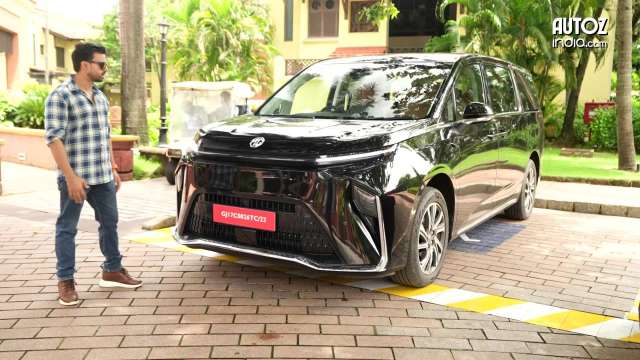 MG M9 Electric Review | Luxury EV with Jet-Style Rear Seats! Pros & Cons
MG M9 Electric Review | Luxury EV with Jet-Style Rear Seats! Pros & Cons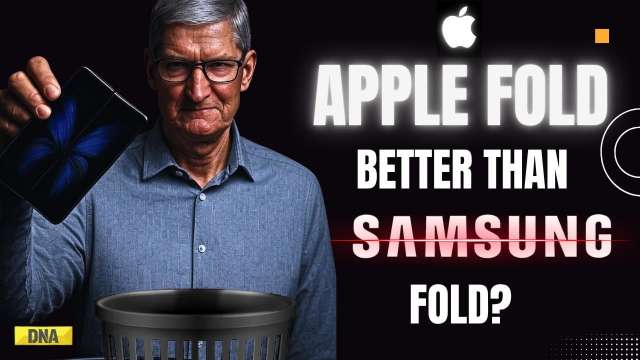 Iphone Fold: Apple’s iPhone Fold Could Solve Samsung’s Biggest Foldable Problem | Samsung Z Fold 7
Iphone Fold: Apple’s iPhone Fold Could Solve Samsung’s Biggest Foldable Problem | Samsung Z Fold 7 Trump News: Congress Seeks Answers On Trump's Alleged Mediation In Operation Sindoor
Trump News: Congress Seeks Answers On Trump's Alleged Mediation In Operation Sindoor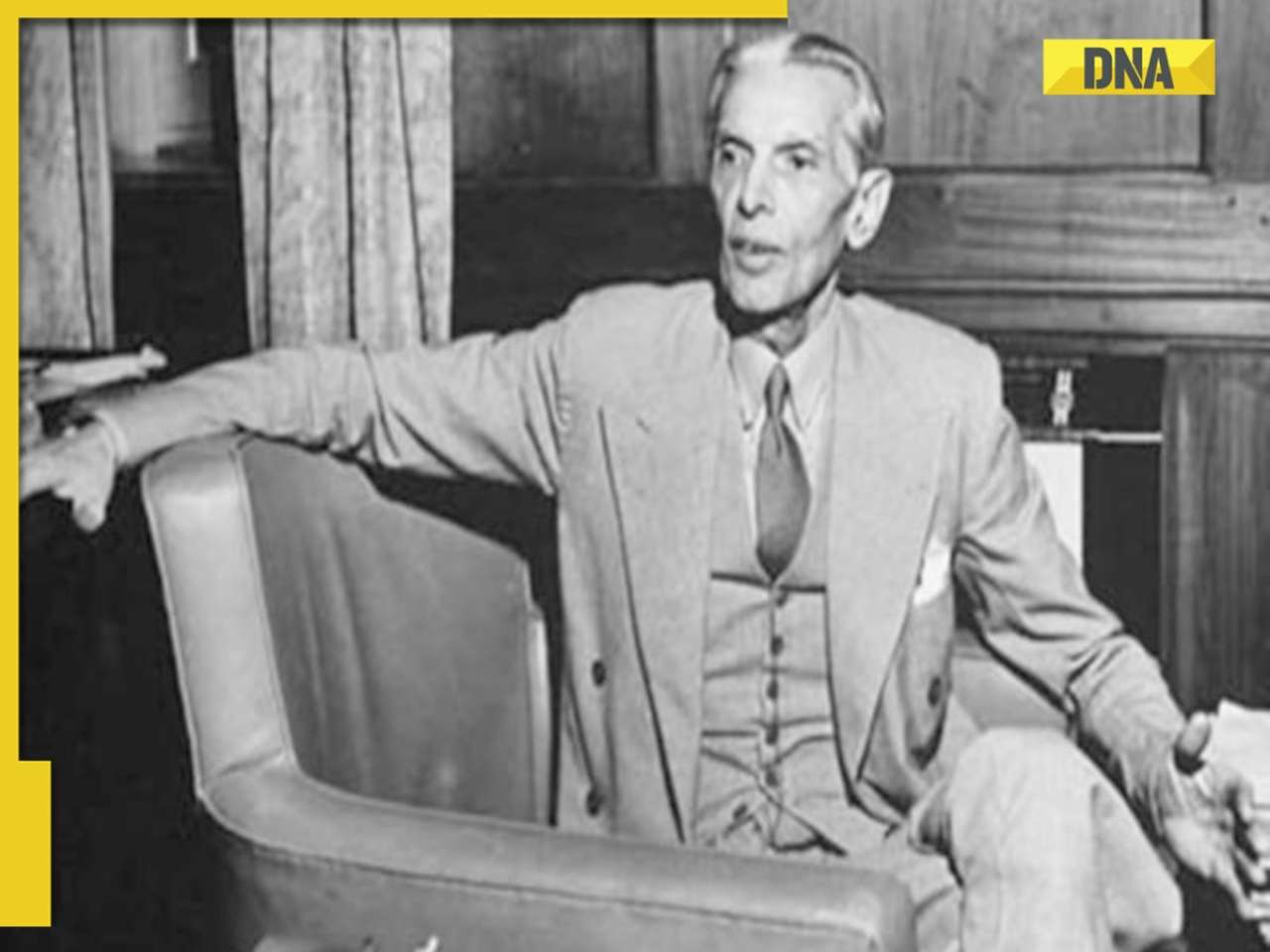 Jinnah wanted THIS Muslim man to be first Finance Minister of Pakistan, he refused, his son is on Forbes list of billionaires
Jinnah wanted THIS Muslim man to be first Finance Minister of Pakistan, he refused, his son is on Forbes list of billionaires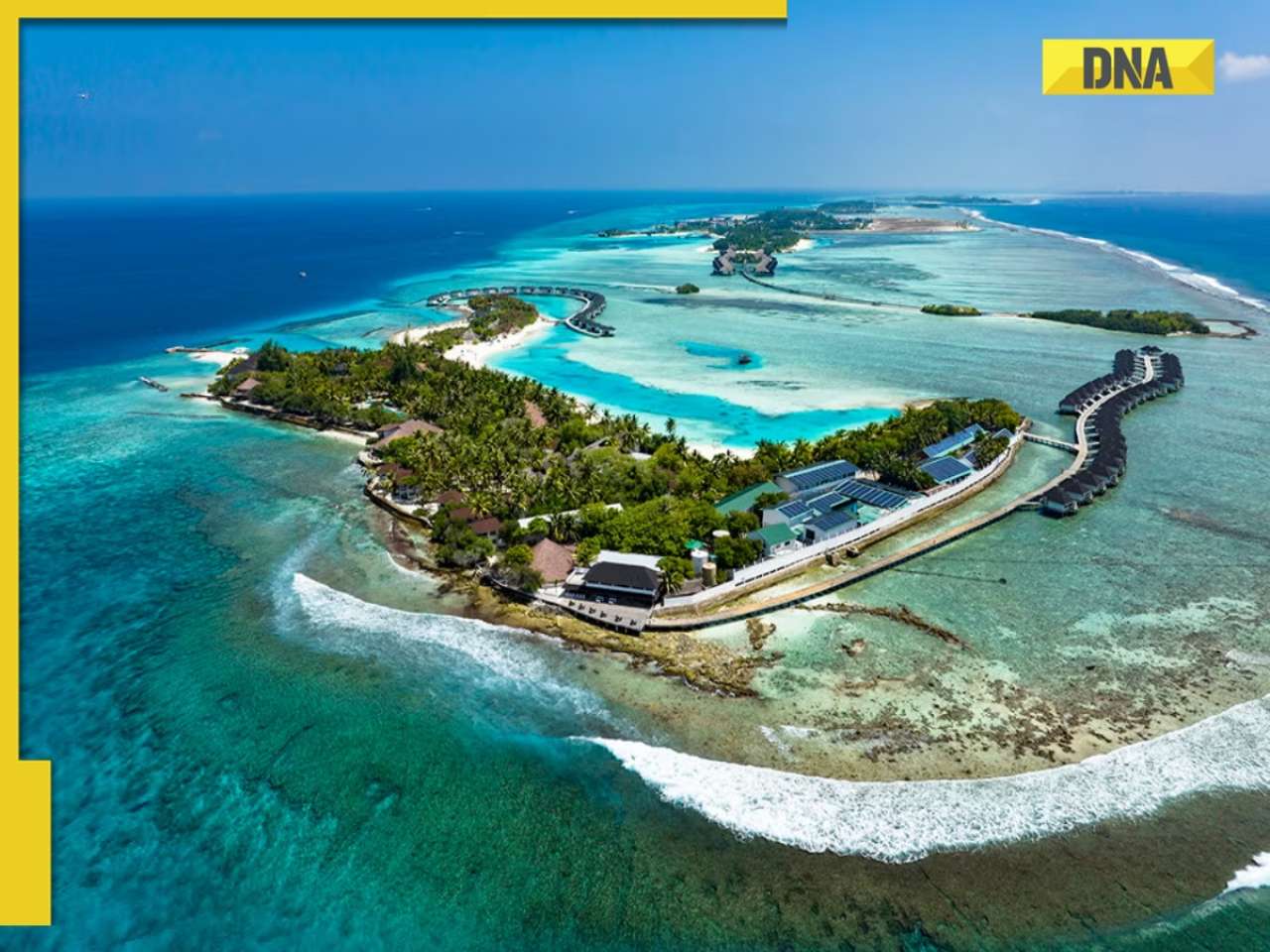 After India-UK FTA, New Delhi to begin talks with THIS country, because...
After India-UK FTA, New Delhi to begin talks with THIS country, because...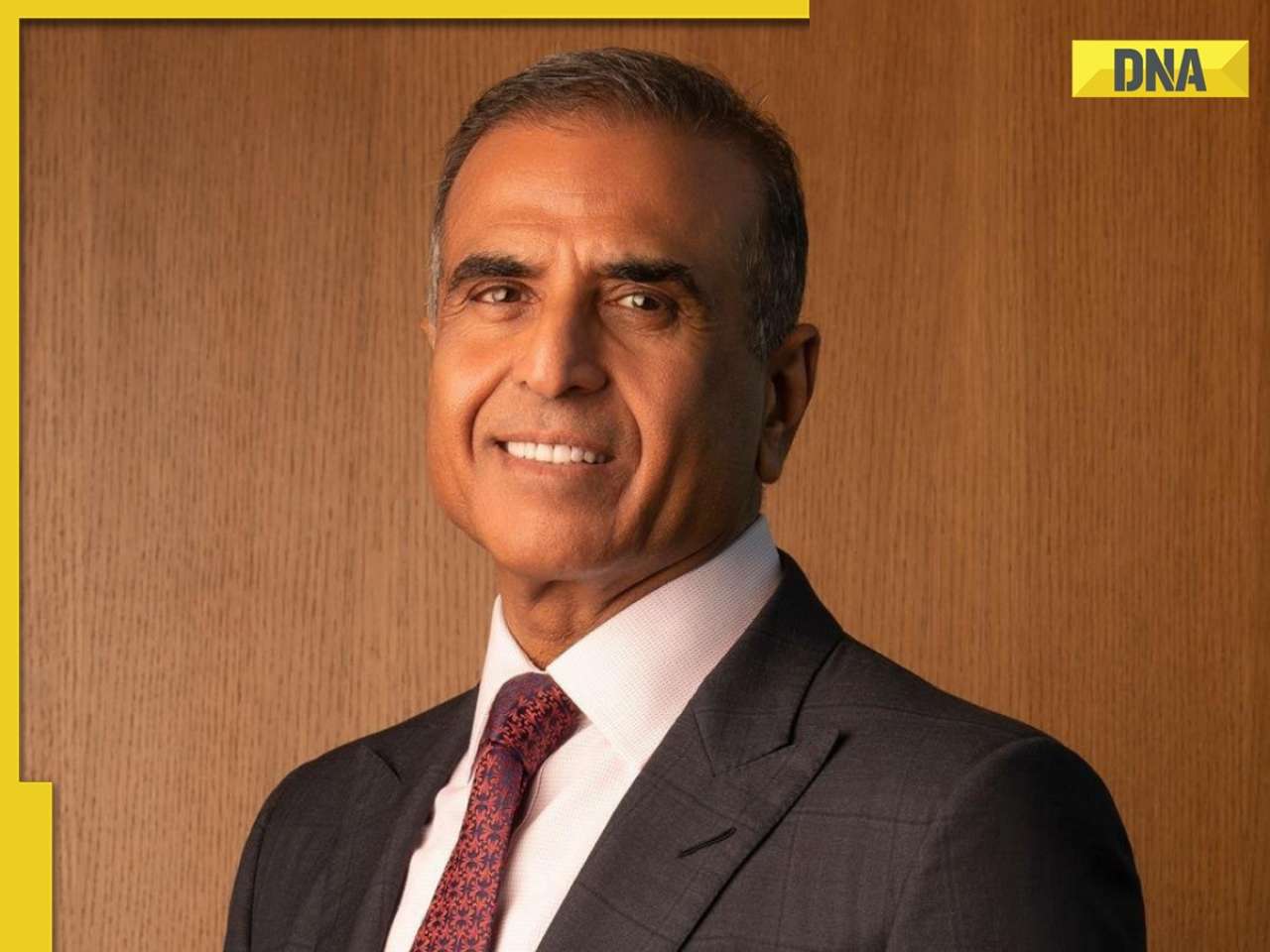 Indian billionaire Sunil Mittal earns Rs 13499163600 profit from this country, not India, UK; net worth reaches Rs...
Indian billionaire Sunil Mittal earns Rs 13499163600 profit from this country, not India, UK; net worth reaches Rs... UPI Alert! New UPI rules to come in effect from..., know how it will affect GPay, PhonePe, Paytm users
UPI Alert! New UPI rules to come in effect from..., know how it will affect GPay, PhonePe, Paytm users 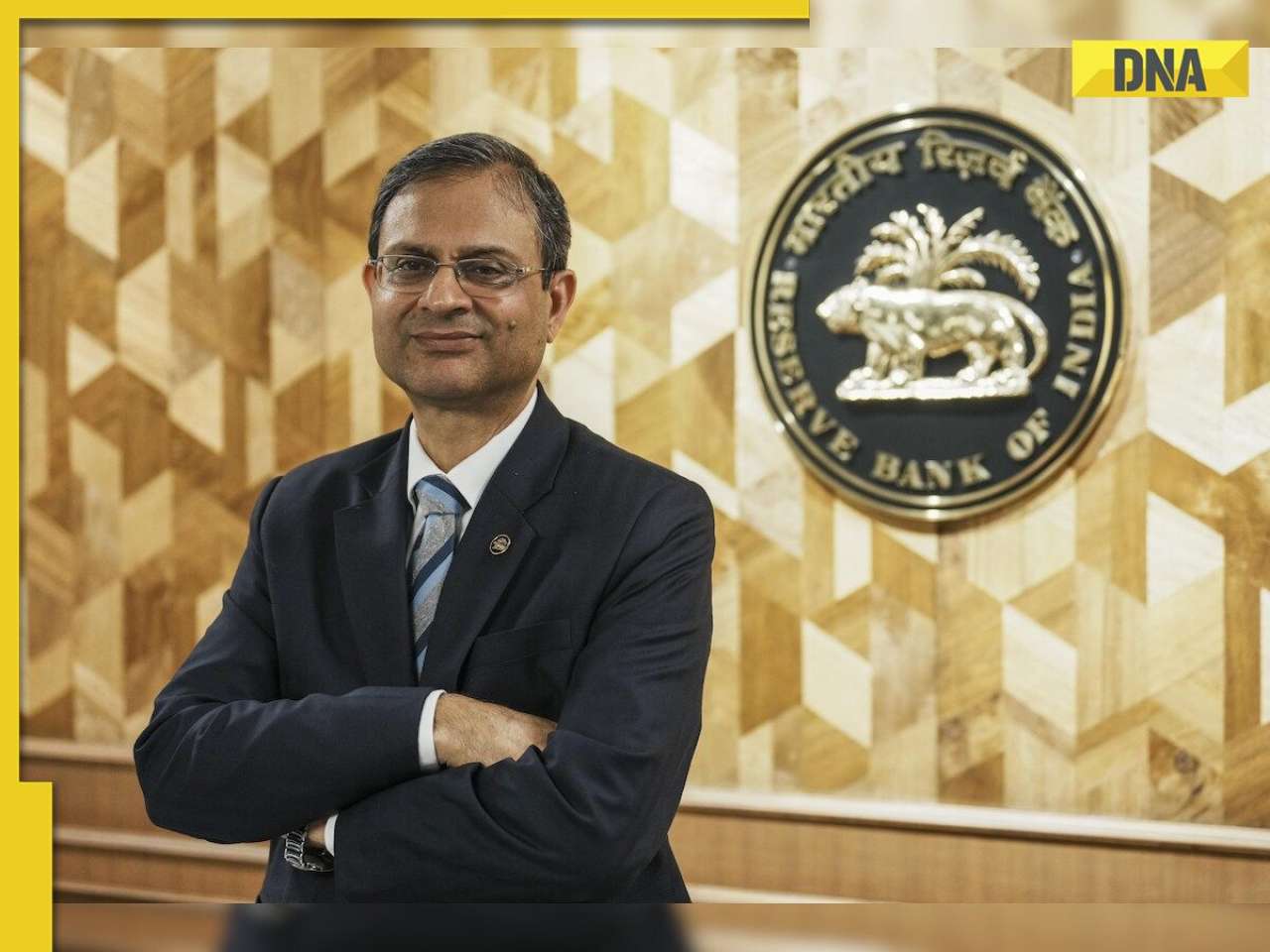 RBI Governor Sanjay Malhotra makes BIG statement on free UPI transactions, says 'some cost...'
RBI Governor Sanjay Malhotra makes BIG statement on free UPI transactions, says 'some cost...' Ashish Chanchlani looks dashing as he drops latest photos from Italy, fans say 'Tom Cruise fail hai aapke saamne'
Ashish Chanchlani looks dashing as he drops latest photos from Italy, fans say 'Tom Cruise fail hai aapke saamne' Are these five vintage car museums in India a must-visit for every automobile lover?
Are these five vintage car museums in India a must-visit for every automobile lover? Riddhima Kapoor Sahni looks dreamy in pastel gold embroidered ensemble as she walks for Suneet Varma at IWC 2025; SEE PICS
Riddhima Kapoor Sahni looks dreamy in pastel gold embroidered ensemble as she walks for Suneet Varma at IWC 2025; SEE PICS Malaika Arora grabs attention with her street style moment, dons oversized denims, white tank top, luxurious mini bag worth Rs…
Malaika Arora grabs attention with her street style moment, dons oversized denims, white tank top, luxurious mini bag worth Rs… Raksha Bandhan 2025: Bollywood's sweetest 'muh-bole' sibling bonds that celebrate rakhi beyond blood
Raksha Bandhan 2025: Bollywood's sweetest 'muh-bole' sibling bonds that celebrate rakhi beyond blood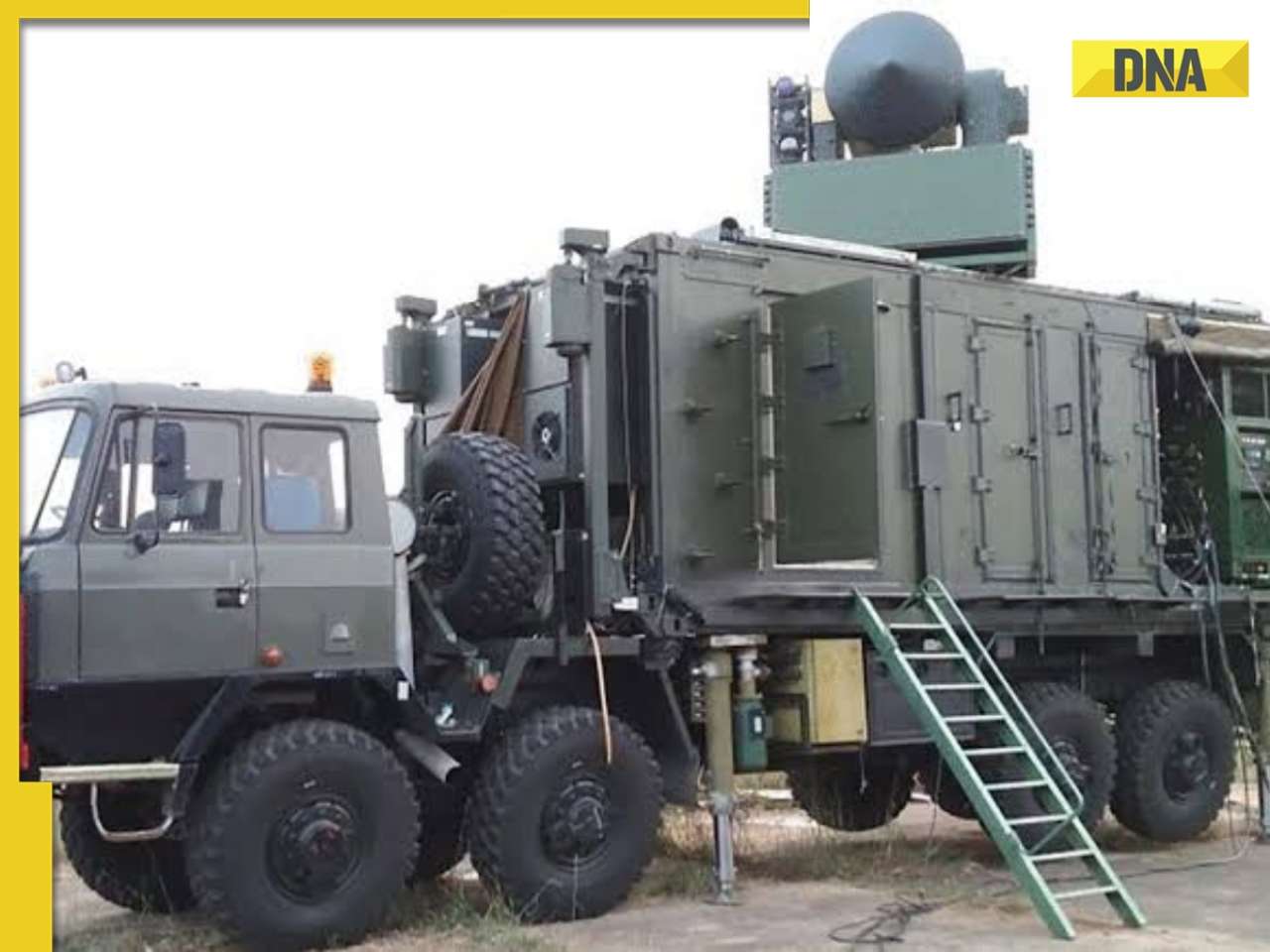 This company bags Rs 2000 crore contract from Defence Ministry for...; not HAL, Mazagon Dock
This company bags Rs 2000 crore contract from Defence Ministry for...; not HAL, Mazagon Dock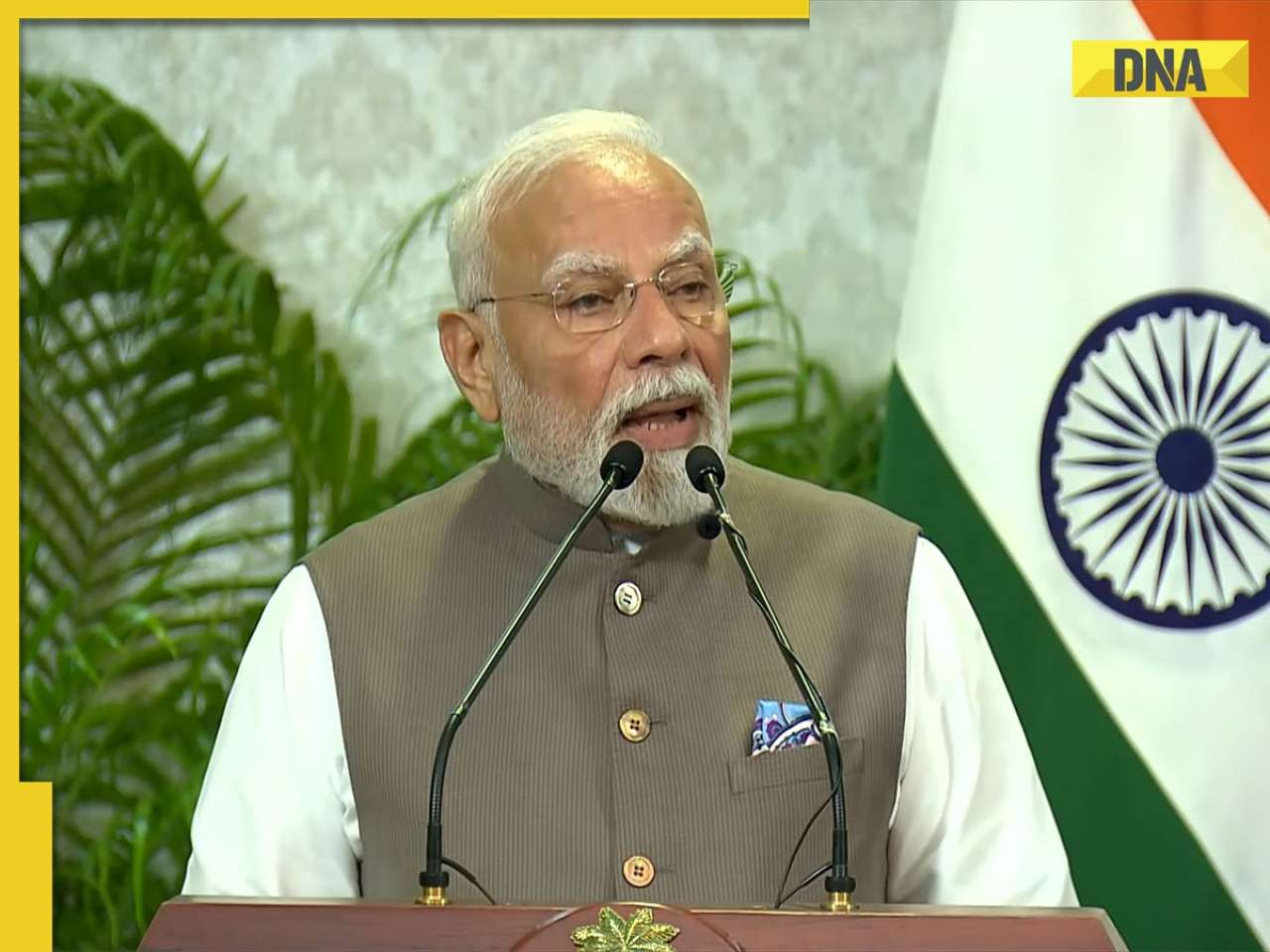 PM Modi's BIG message to Maldives, says, 'Whether it's a disaster or...'
PM Modi's BIG message to Maldives, says, 'Whether it's a disaster or...' Good news for first-time employees, set to get Rs…; check eligibility and other details
Good news for first-time employees, set to get Rs…; check eligibility and other details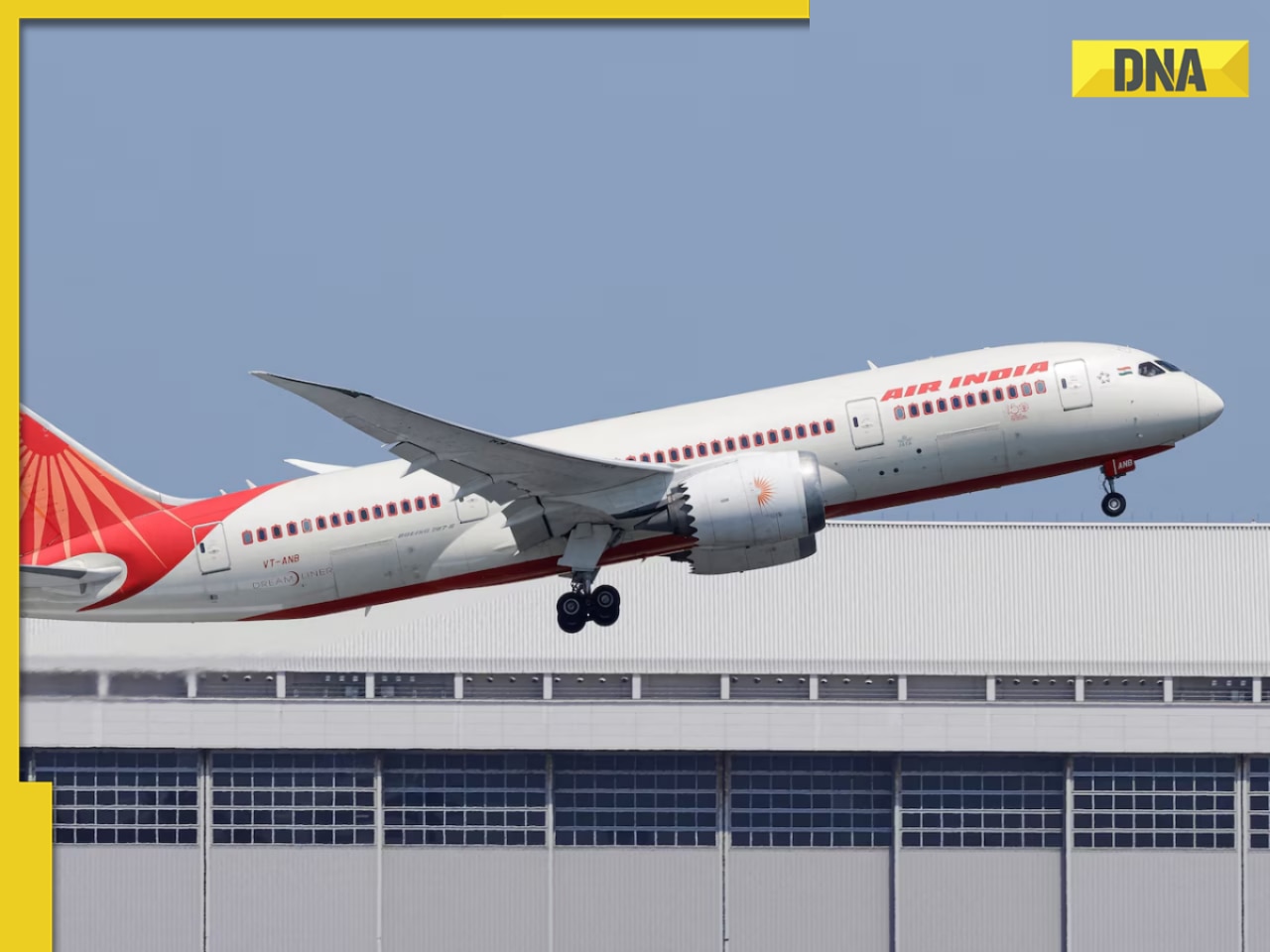 Air India sees another mid-air scare as Mumbai-bound flight returns to Jaipur minutes after takeoff due to...
Air India sees another mid-air scare as Mumbai-bound flight returns to Jaipur minutes after takeoff due to...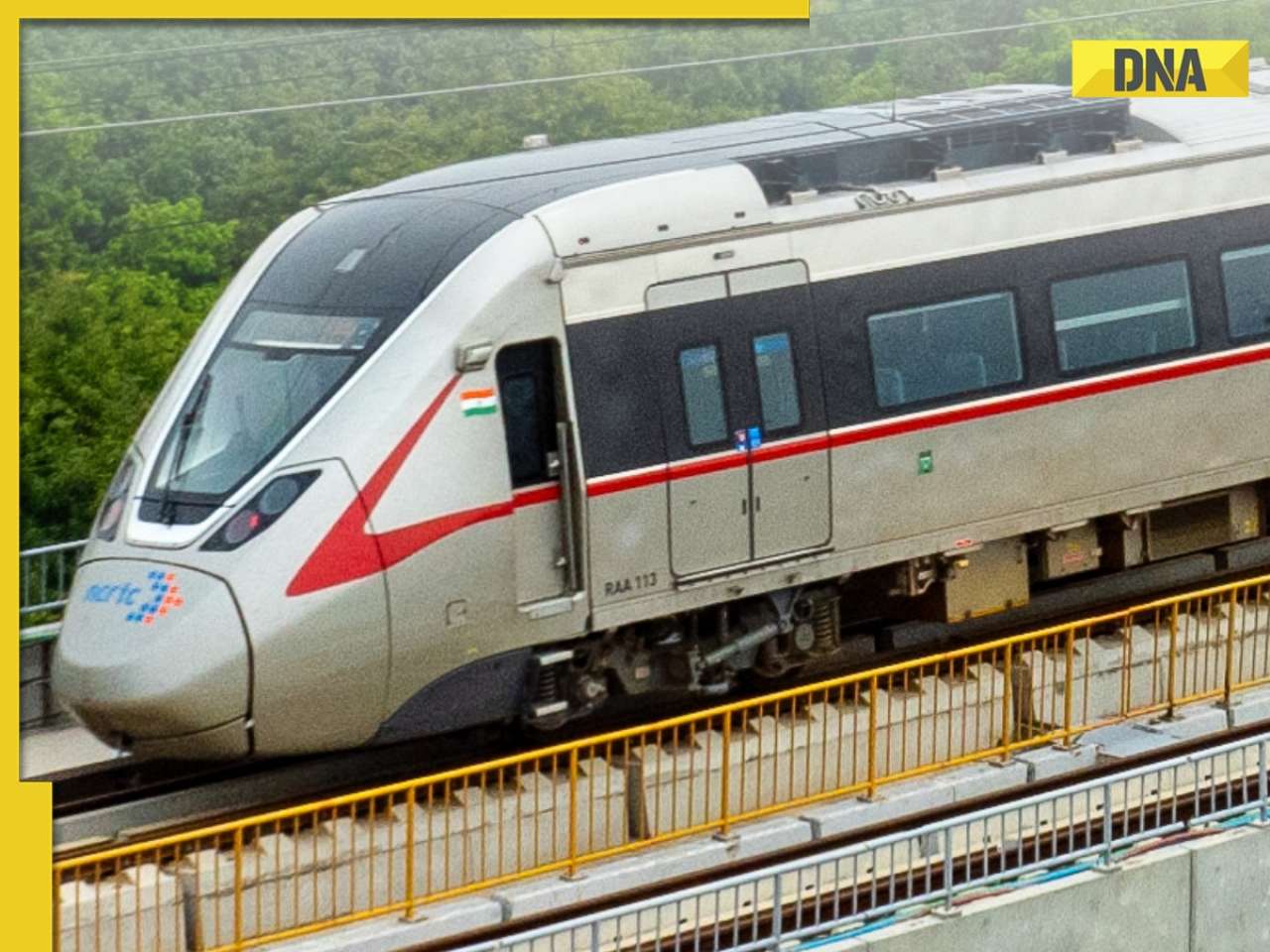 Delhi-Meerut RRTS: Namo Bharat train timings changed for July 27 due to...; to start at...
Delhi-Meerut RRTS: Namo Bharat train timings changed for July 27 due to...; to start at... Meet Nilufa Yasmine, who topped UGC NET June exam, failed twice before scoring a perfect 100, she is from...
Meet Nilufa Yasmine, who topped UGC NET June exam, failed twice before scoring a perfect 100, she is from... Meet woman, daughter of vegetable vendor who cracked UPSC, her mother mortgaged gold for her education, her AIR is…
Meet woman, daughter of vegetable vendor who cracked UPSC, her mother mortgaged gold for her education, her AIR is… Meet woman, who cracked IIT with full-time job, secured impressive AIR of...; now works at Bill Gates' Microsoft as...
Meet woman, who cracked IIT with full-time job, secured impressive AIR of...; now works at Bill Gates' Microsoft as... Meet woman, couldn't speak English, once worked at Ratan Tata's TCS, cleared ISRO, BARC exams; later cracked UPSC with AIR..., she is...
Meet woman, couldn't speak English, once worked at Ratan Tata's TCS, cleared ISRO, BARC exams; later cracked UPSC with AIR..., she is... Meet woman, 'beauty with brain', who left medical studies, cracked UPSC exam not once but twice with AIR..., she is from...
Meet woman, 'beauty with brain', who left medical studies, cracked UPSC exam not once but twice with AIR..., she is from...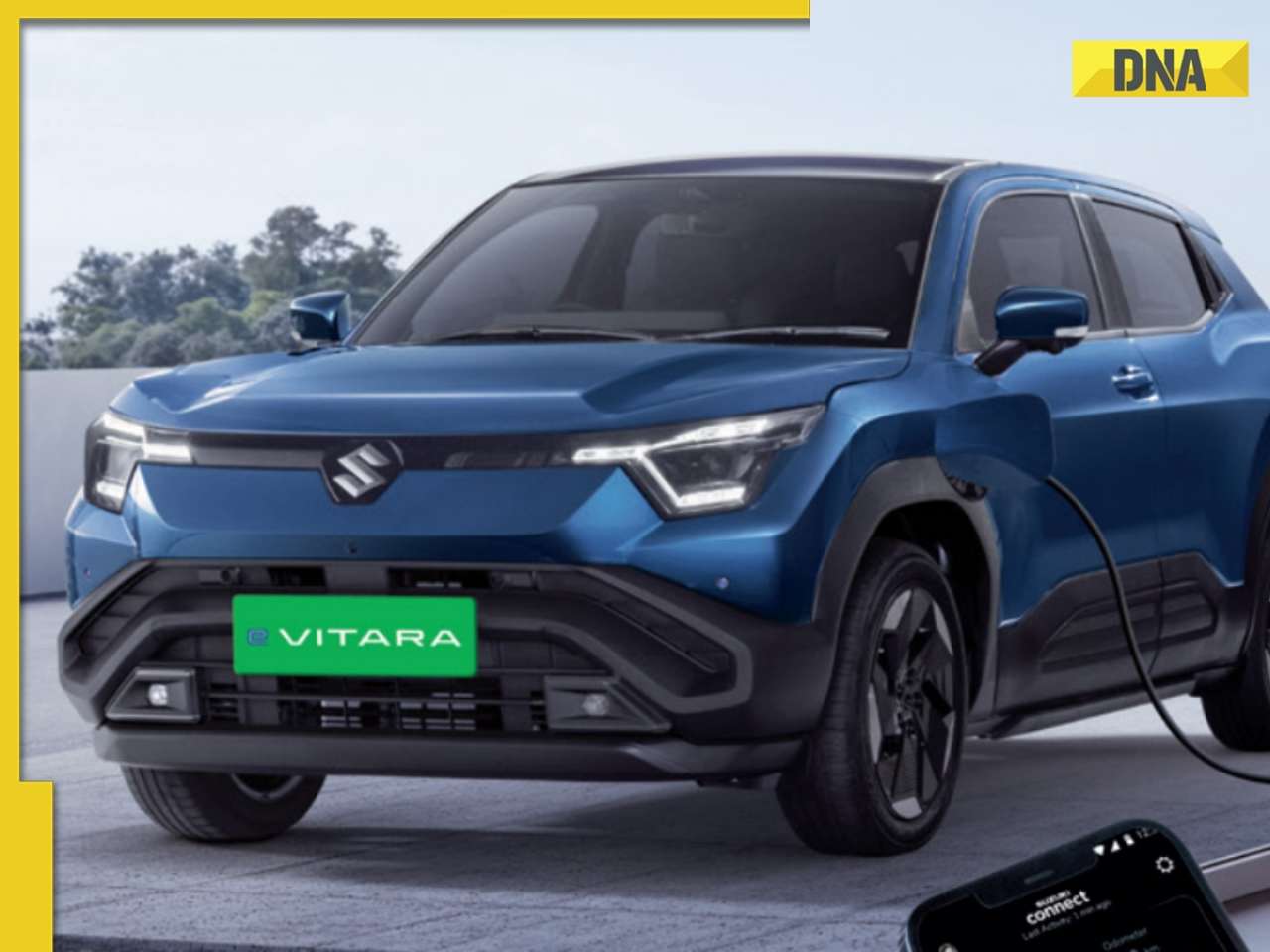 Maruti Suzuki's e Vitara set to debut electric market at Rs..., with range of over 500 km, to launch on...
Maruti Suzuki's e Vitara set to debut electric market at Rs..., with range of over 500 km, to launch on...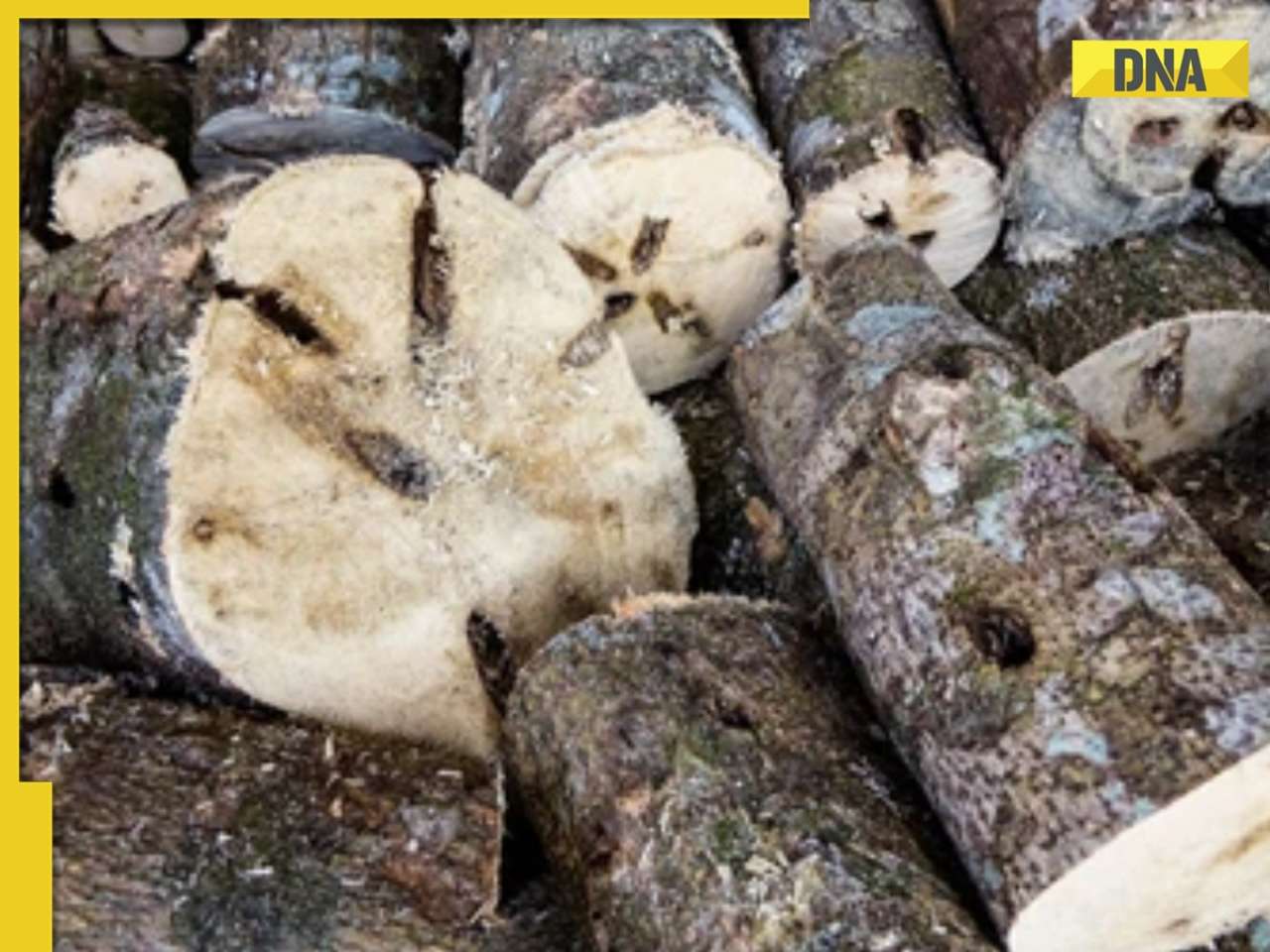 This is world’s most expensive wood, cost of 1kg wood is more than gold, its name is..., is found in...
This is world’s most expensive wood, cost of 1kg wood is more than gold, its name is..., is found in... This luxury car is first choice of Indians, even left BMW, Jaguar, Audi behind in sales, it is...
This luxury car is first choice of Indians, even left BMW, Jaguar, Audi behind in sales, it is... Kia India unveils Carens Clavis: Check features, design changes, price and more; bookings open on...
Kia India unveils Carens Clavis: Check features, design changes, price and more; bookings open on... Tesla CEO Elon Musk launches most affordable Cybertruck, but it costs Rs 830000 more than older version, it is worth Rs...
Tesla CEO Elon Musk launches most affordable Cybertruck, but it costs Rs 830000 more than older version, it is worth Rs...




)
)
)
)
)
)
)
)
)
)
)
)
)
)
)
)
